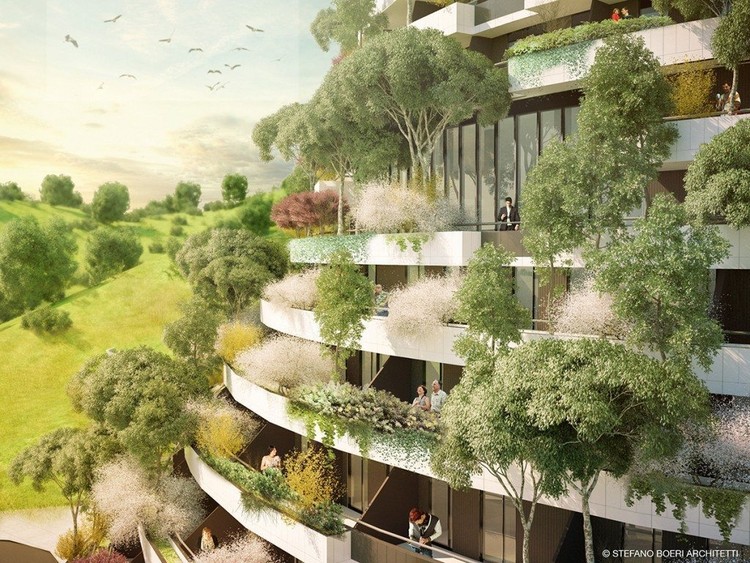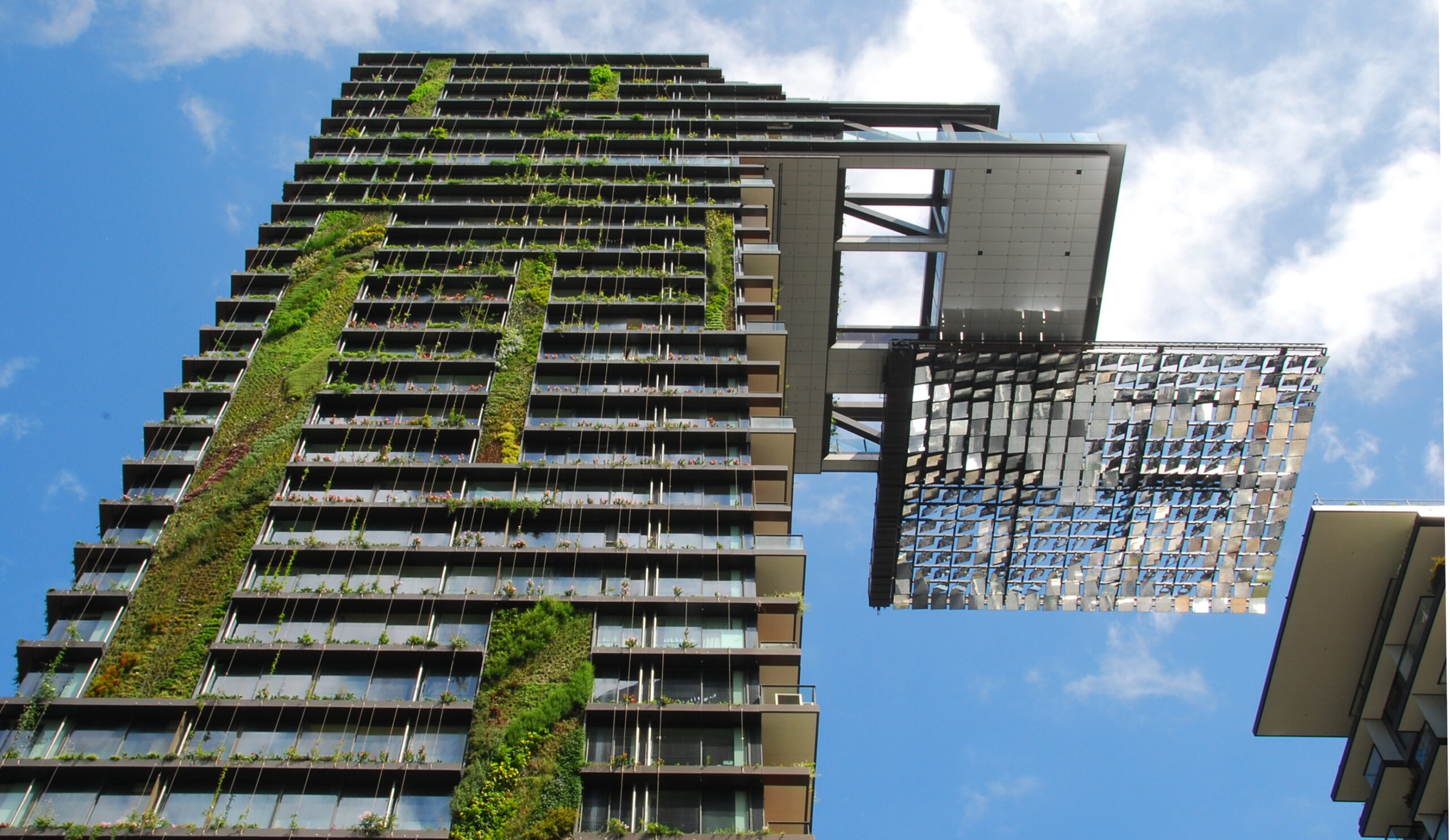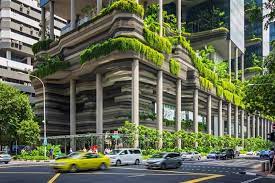Green architecture, also known as sustainable or eco-friendly architecture, is an approach to designing and constructing buildings that minimize their negative impact on the environment while promoting energy efficiency, resource conservation, and the well-being of occupants. China, as a rapidly developing nation, has recognized the importance of green architecture and has made significant strides in implementing sustainable design principles. Here are some key aspects of green architecture in China:
- Government Initiatives: The Chinese government has prioritized sustainable development and environmental protection. It has introduced various policies and initiatives to promote green architecture, such as setting energy efficiency standards for buildings, providing financial incentives for green projects, and enforcing green building certification systems.
- GGBC and Other Certification Systems: Global Green Building Council (GGBC) certification, developed by the Global Green Building Council, is widely adopted in China. GGBC promotes sustainable practices in the design, construction, and operation of buildings. China also has its own green building certification system called Three-Star Rating System, which evaluates the environmental performance of buildings.
- Energy Efficiency: Energy-efficient design is a crucial aspect of green architecture. Chinese buildings incorporate various energy-saving technologies and strategies, including efficient insulation, high-performance glazing, natural ventilation, and advanced HVAC (heating, ventilation, and air conditioning) systems. Energy-efficient lighting and appliances are also commonly used.
- Renewable Energy Integration: China is the world’s largest investor in renewable energy. Many green buildings in China incorporate renewable energy systems, such as solar panels and wind turbines, to generate electricity on-site. These systems help reduce reliance on fossil fuels and decrease carbon emissions.
- Green Urban Planning: Sustainable urban planning is essential for creating environmentally friendly cities. China has been focusing on eco-city development, where urban areas are designed with green spaces, efficient transportation systems, and sustainable infrastructure. Examples include Tianjin Eco-City and Dongtan Eco-City, which prioritize environmental sustainability.
- Water Conservation: China faces water scarcity issues in several regions, so water conservation is a key consideration in green architecture. Buildings incorporate water-saving fixtures, rainwater harvesting systems, and wastewater treatment technologies to minimize water consumption and promote water reuse.
- Building Materials and Construction Practices: Green architecture in China emphasizes the use of environmentally friendly building materials, such as recycled content, locally sourced materials, and low-emission products. Construction practices also focus on reducing waste generation, recycling construction debris, and utilizing sustainable construction methods.
- Green Retrofitting: China has a massive existing building stock, and efforts are being made to retrofit older buildings to improve their energy efficiency and environmental performance. Retrofitting involves adding insulation, upgrading systems, and installing renewable energy technologies to reduce energy consumption and carbon footprint.
These are just some of the aspects of green architecture in China. The country’s commitment to sustainable development and the adoption of green building practices have contributed to a growing number of environmentally friendly buildings and cities across the country.






